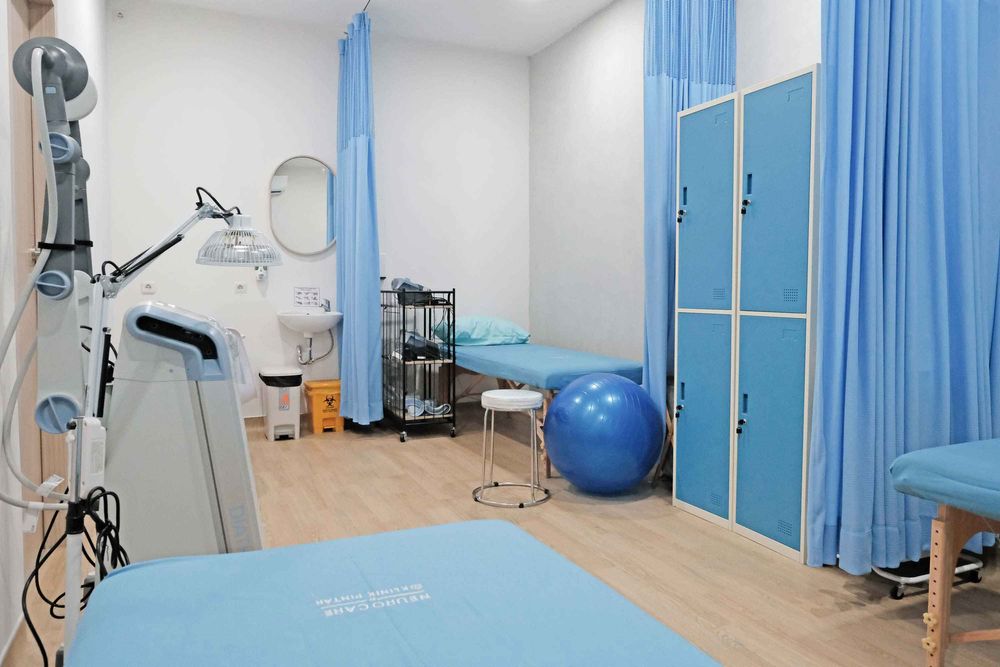The Expanding Scope of Physiotherapy Services in Jakarta
HealthPhysiotherapy services in Jakarta have seen significant growth in recent years, reflecting a broader awareness of the importance of physical rehabilitation and preventative care in maintaining overall health. As the bustling capital of Indonesia, Jakarta is home to a diverse population with varied healthcare needs, ranging from injury recovery to chronic condition management. The increasing demand for physiotherapy in the city is driven by a combination of factors, including an aging population, a rise in lifestyle-related diseases, and greater participation in sports and physical activities. As a result, the city has become a hub for advanced physiotherapy services, offering comprehensive care to residents and visitors alike.
The scope of physiotherapy services in Jakarta covers a wide range of treatments designed to address various physical ailments and conditions. These services are essential for individuals recovering from surgery, managing chronic pain, or rehabilitating after an injury. Common conditions treated by physiotherapists in Jakarta include musculoskeletal disorders, neurological conditions such as stroke and Parkinson’s disease, and cardiovascular issues. Physiotherapy also plays a crucial role in helping patients regain mobility, improve strength, and enhance their quality of life. The personalized nature of physiotherapy means that each treatment plan is tailored to the specific needs of the patient, ensuring that they receive the most effective care possible.
One of the key factors contributing to the growth of physiotherapy services in Jakarta is the increasing availability of specialized clinics and healthcare centers. These facilities are equipped with state-of-the-art technology and staffed by highly trained professionals who are capable of delivering a wide range of therapeutic interventions. Whether it’s manual therapy, electrotherapy, or exercise-based rehabilitation, the quality of care provided in Jakarta is on par with international standards. Moreover, many of these clinics offer multidisciplinary services, where physiotherapists work closely with other healthcare providers, such as orthopedic surgeons, neurologists, and pain specialists, to ensure a holistic approach to patient care.
Accessibility to physiotherapy services in Jakarta has also improved significantly, with more clinics opening in various parts of the city. This expansion has made it easier for residents to access the care they need without having to travel long distances. Additionally, the rise of home-based physiotherapy services has provided a convenient alternative for patients who are unable to visit a clinic due to mobility issues or other health concerns. Home-based services are particularly beneficial for elderly patients or those with severe conditions, as they allow for continuous care in the comfort of the patient’s home. This flexibility in service delivery has been a game-changer, ensuring that more people in Jakarta can benefit from physiotherapy.

The diversity of fisioterapi hnp nkhealth is further enhanced by the availability of specialized programs that cater to specific populations. For example, sports physiotherapy has become increasingly popular as more people engage in recreational and professional sports. These programs focus on injury prevention, rehabilitation, and performance enhancement, helping athletes maintain peak physical condition. Similarly, pediatric physiotherapy services address the unique needs of children, particularly those with developmental delays or congenital conditions. By offering targeted therapies, these specialized programs ensure that patients of all ages receive the appropriate care for their specific conditions, contributing to better outcomes and improved quality of life.
Looking ahead, the future of physiotherapy services in Jakarta appears bright, with ongoing developments in healthcare infrastructure and a growing recognition of the benefits of physiotherapy. As the population continues to age and the prevalence of chronic diseases increases, the demand for physiotherapy is expected to rise further. Additionally, advancements in technology and treatment methodologies will likely lead to more innovative and effective physiotherapy services. The commitment to patient-centered care will remain at the forefront, ensuring that individuals in Jakarta have access to the highest quality of physiotherapy services available. With its expanding range of services and dedication to improving patient outcomes, Jakarta is set to become a leading center for physiotherapy in Southeast Asia.
